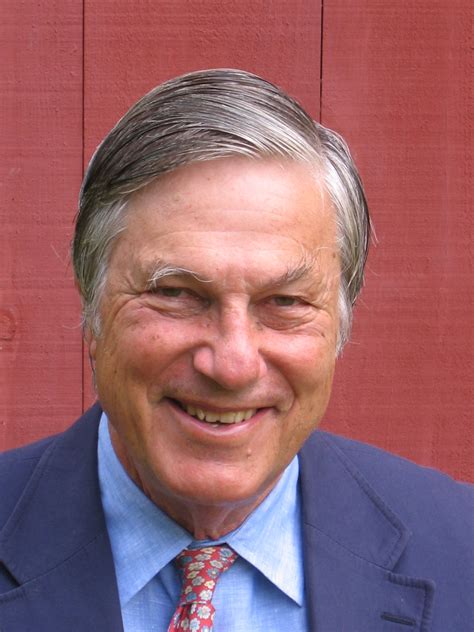A Quote by Richard J. Foster
The message from all quarters is the same: our undisciplined consumption must end. If we continue to gobble up our resources without any regard to stewardship and to spew out our deadly wastes over land, sea, and air, we may well be drawing down the final curtain upon ourselves.
Related Quotes
Overpopulation is the problem of the third and fourth World; over-consumption is the problem of the West. The average American child this year will consume as much of the world's resources as twenty children born in India. Deliberate and calculated waste is the central aspect of the American economy. We over-eat, over-buy, and over-built, spewing out our toxic wastes upon the earth and into the air.
To discover how much of our resources must be mobilized for war, we must first examine our political aim and that of the enemy. We must gauge the strength and situation of the opposite state. We must gauge the character and abilities of its government and people and do the same in regard to our own. Finally, we must evaluate the political sympathies of other states and the effect the war may have on them.
In order to settle down in the quiet of our own being we must learn to be detached from the results of our own activity. We must be content to live without watching ourselves live, to work with expecting immediate reward, to love without an instant satisfaction, and to exist without any special recognition. It is only when we are detached from ourselves that we can be at peace with ourselves.
When we conduct agriculture, we are, therefore, altering the ecological arrangement that was responsible for our genesis as a species. I think that this is the reason that this alienation has allowed us to see and regard land mostly as a resource. So we have created a problem for ourselves from the word "go," for land is not a resource any more than humans are resources.
In the loss of skill, we lose stewardship; in losing stewardship we lose fellowship; we become outcasts from the great neighborhood of Creation. It is possible - as our experience in this good land shows - to exile ourselves from Creation, and to ally ourselves with the principle of destruction - which is, ultimately, the principle of nonentity. It is to be willing in general for being to not-be. And once we have allied ourselves with that principle, we are foolish to think that we can control the results. (pg. 303, The Gift of Good Land)
Let us see that our knowledge of Christ be not a powerless, barren, unpractical knowledge: O that, in its passage from our understanding to our lips, it might powerfully melt, sweeten, and ravish our hearts! Remember, brethren, a holy calling never saved any man, without a holy heart; if our tongues only be sanctified, our whole man must be damned. We must be judged by the same gospel, and stand at the same bar, and be sentenced to the same terms, and dealt with as severely as any other men.
Development can indeed continue beyond childhood and youth, beyond the seventies. It can continue until the very end of life, given purposes that challenge and use our human abilities. . . . In sum, our development does not necessarily end at any age. We can continue to develop into our eighties, even to our nineties.
You ask, What is our policy? I will say; 'It is to wage war, by sea, land and air, with all our might and with all the strength that God can give us: to wage war against a monstrous tyranny, never surpassed in the dark lamentable catalogue of human crime. That is our policy.' You ask, What is our aim? I can answer with one word: Victory-victory at all costs, victory in spite of all terror, victory however long and hard the road may be; for without victory there is no survival.
Aging happy and well, instead of sad and sick, is at least under some personal control. We have considerable control over our weight, our exercise, our education, and our abuse of cigarettes and alcohol. With hard work and/or therapy, our relationships with our spouses and our coping styles can be changed for the better. A successful old age may lie not so much in our stars and genes as in ourselves.
Let us not be blind to our differences-but let us also direct attention to our common interests and to the means by which those differences can be resolved. And if we cannot end our differences, at least we can help make the world safe for diversity. For, in the final analysis, our most common link is that we all inhabit this small planet. We all breathe the same air. We all cherish our children's future. And we are all mortal.

































